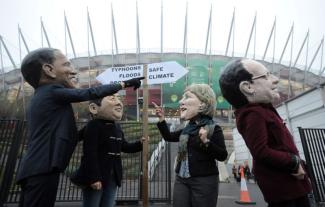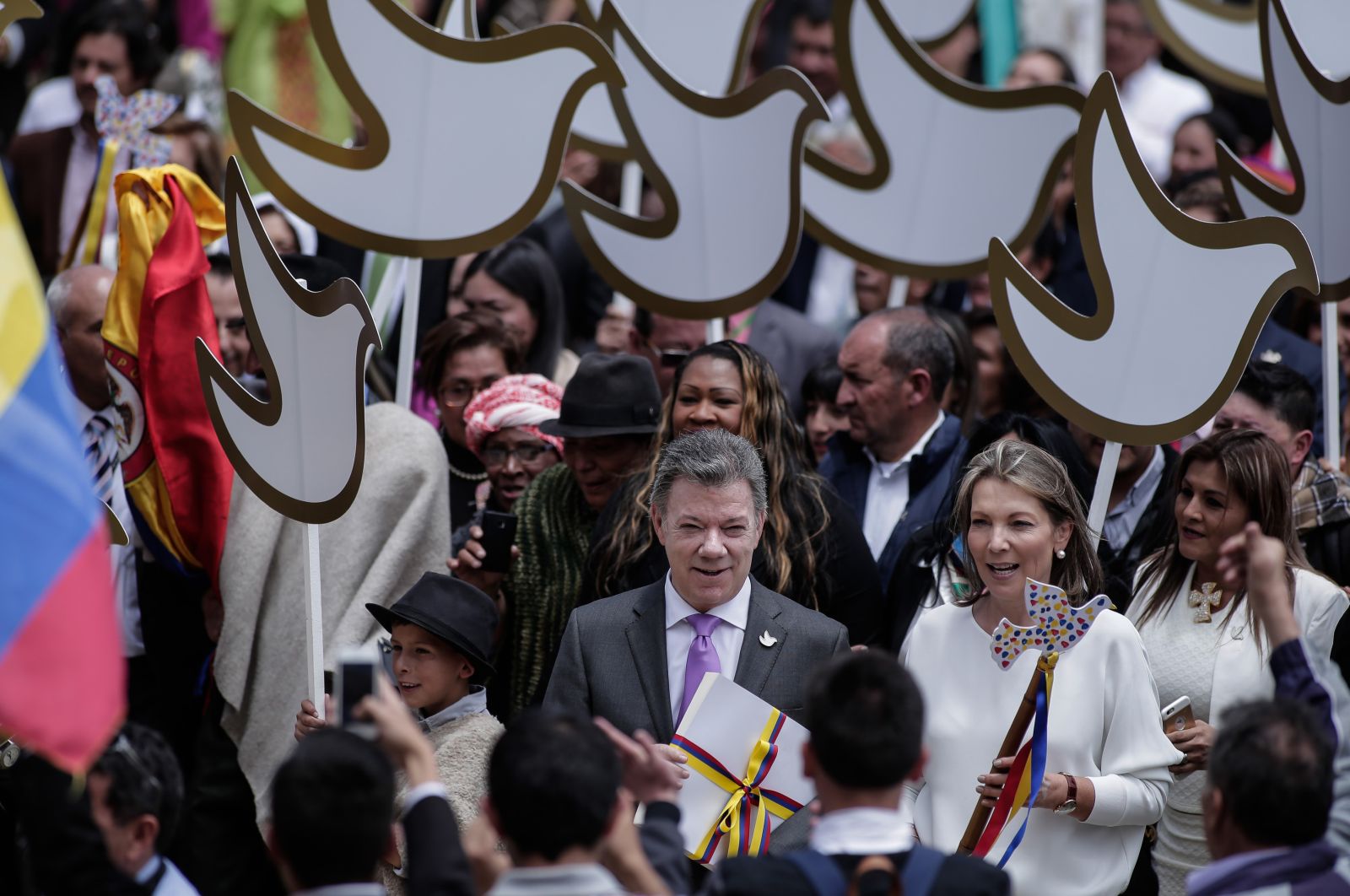Editorial
Important lobby

International non-governmental organisations (INGOs) play important roles. They put issues on the global agenda, they influence world politics, and they speak for people who otherwise wouldn’t have any lobby.
A recent example: In mid-June, Djeralar Miankeol, a Chadian activist and D+C-author, was arrested because he had, in a radio interview, spoken of corruption within the judicial system. Miankeol and his local NGO Ngaoubourandi fight for farmers’ rights in southern Chad. At the beginning of July, he was sentenced to two years in prison and a hefty fine. Amnesty International quickly mobilised its network of thousands of supporters in protest, first against the arrest and later the judgment. At the end of July, a higher-level court acquitted Miankeol and set him free.
We don’t know to what extent the judges were impressed by the international attention the case got. But Miankeol would probably still be in prison without Amnesty’s intervention.
Sometimes INGOs rise to challenges that overwhelm government agencies. This is particularly true of emergency aid, for instance after earthquakes, floods or draughts. During the Ebola epidemic in west Africa last year, Doctors without Borders, the prominent INGO, established treatment centres and implemented prevention measures. Unlike the governments of the countries affected, it had the necessary experience and professional staff.
Furthermore, INGOs step in when authorities deliberately turn a blind eye to certain situations. Nobody would care for the Rohingya in Myanmar if Malteser International and similar organisations didn’t.
Large INGOs from industrialised countries are dominant in global politics, in public perception and in regard to resources and influence. They get a say at UN summits, they negotiate behind the scenes, and they shape policies and international law. INGOs sometimes aspire to speak for groups whose realities of life they don’t really know however. Some people find them overbearing. Not all sex workers want Amnesty International to decide what’s good for them for example. Relevant agencies feel neglected. Local NGOs that represent the interests of communities from poor countries often fail to get much attention on their own at UN climate conferences and global summits – while the top dogs bark all the louder.
Both local organisations and global players are important. Unfortunately, both are currently facing new restrictions. Increasingly authoritarian government leaders – from Kenya to Cambodia and from Russia through China to India – want to control civil society. Their repression can only be fought off if all parties concerned joined hands: local and international organisations, political parties and civil society, donors and beneficiaries, activists, journalists and ordinary citizens. Without civil-society engagement, politics is a top-down process that disregards grassroots reality.
Katja Dombrowski is a member of the editorial team of D+C Development and Cooperation / E+Z Entwicklung und Zusammenarbeit.
euz.editor@fs-medien.de










